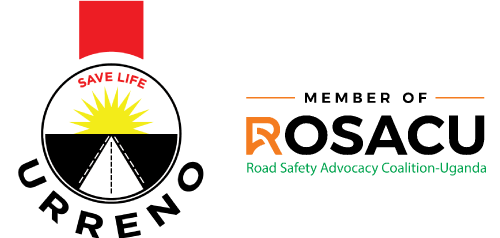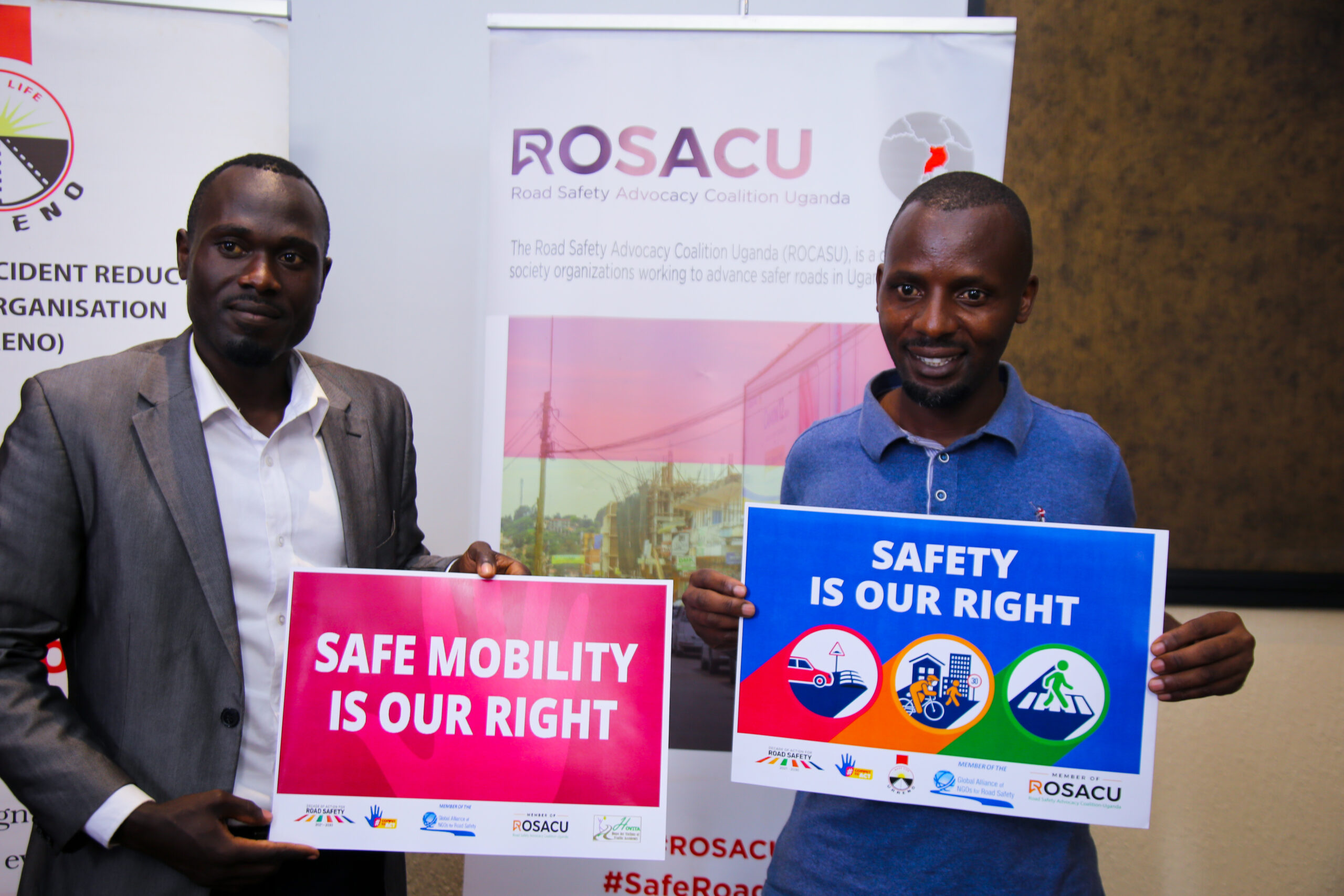
The Hidden Toll: Unseen Mental Struggles of Road Accident Survivors in Uganda
Road accidents are a harsh reality on Uganda’s roads, claiming thousands of lives and leaving many more injured every year. According to the Uganda Police Force, over 3,500 people were killed in road accidents in 2022, with thousands more sustaining serious injuries. While the physical and financial repercussions are often discussed, the profound mental aftermath experienced by survivors and their families remains largely overlooked. This hidden crisis in Uganda deserves urgent attention.
In the immediate aftermath of a road accident, survivors are often overwhelmed by intense emotions such as shock, fear, and confusion. This acute stress reaction, marked by symptoms like increased heart rate and hyper-alertness, is the body’s natural response to trauma. While some individuals recover within weeks, others endure lasting psychological effects, leading to conditions like post-traumatic stress disorder (PTSD), anxiety, and depression.
PTSD is a prevalent mental health issue among Ugandan road accident survivors, manifesting through intrusive memories, nightmares, and severe emotional distress. Many avoid driving or even riding in vehicles, plagued by heightened irritability and difficulty sleeping. These symptoms can severely impair daily functioning, underscoring the necessity for professional mental health support to mitigate the disorder’s impact.
Anxiety and depression are also common among survivors, either independently or alongside PTSD. These conditions may present as generalized worry, panic attacks, persistent sadness, and a loss of interest in activities once enjoyed. Physical injuries from the accident can exacerbate these mental health challenges, creating a brutal cycle that complicates recovery and diminishes quality of life.
The ripple effect of road accidents extends beyond the survivors, deeply impacting their families and loved ones. Witnessing a loved one struggle with PTSD, anxiety, or depression can lead to secondary traumatic stress, causing caregivers to experience high levels of stress, burnout, and helplessness. This dynamic highlight the need for comprehensive support systems for both survivors and their families in Uganda.
Despite the significant mental health impacts of road accidents, many Ugandan survivors do not seek professional help. Barriers such as mental health stigma, lack of awareness about available resources, and financial constraints often deter individuals from getting the assistance they need. Addressing this issue requires raising awareness about the psychological effects of road accidents and providing accessible mental health support to foster a more compassionate and resilient community in Uganda.



